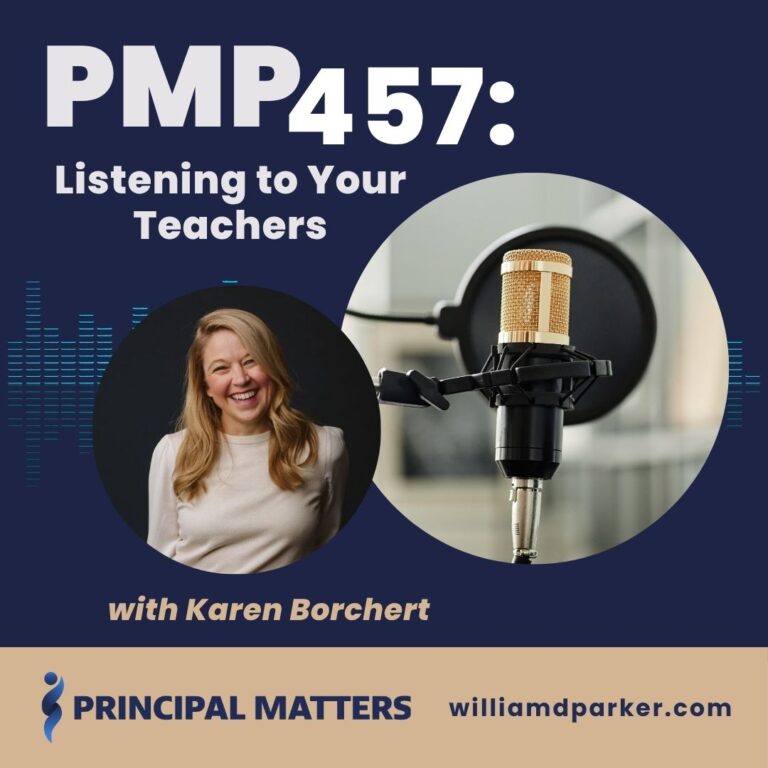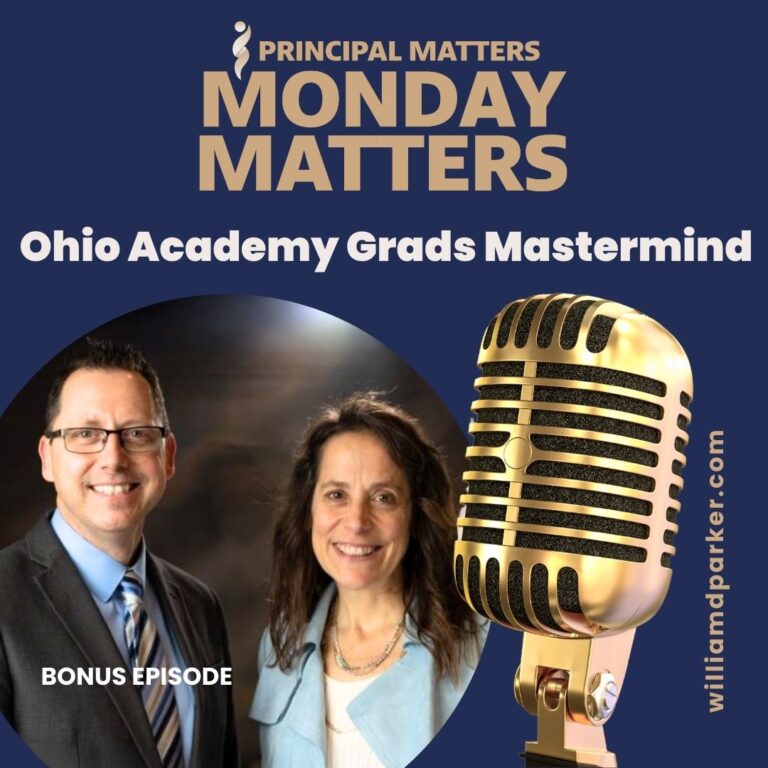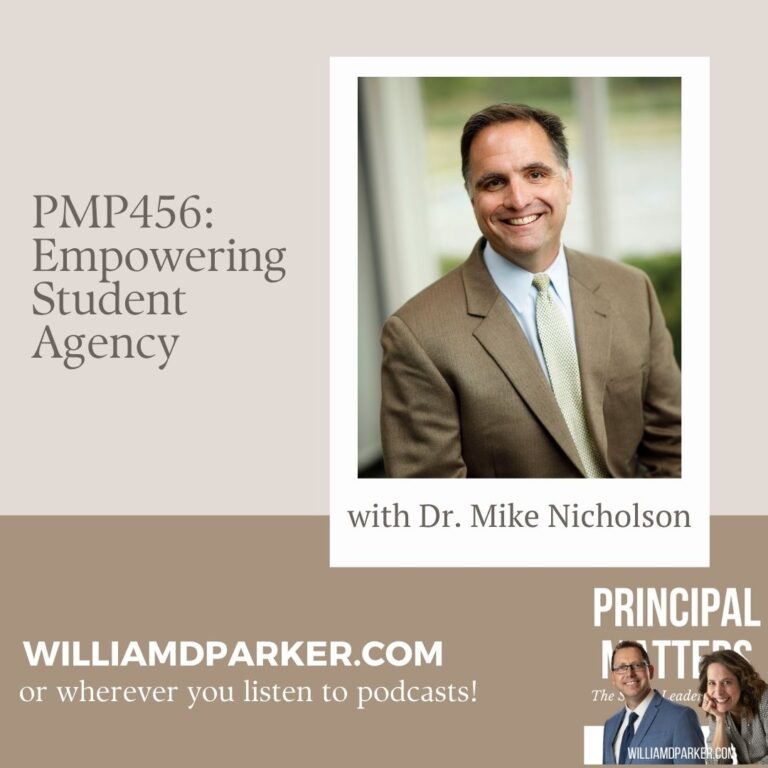Podcast: Play in new window | Download
Last Saturday my children were watching the Olympics throughout the day.

I was walking through the living room when I glanced up at the screen and saw men’s cycling. After six and half hours of racing, the final five kilometers lay ahead, and Poland’s Rafal Majka appeared a certain winner as he was leading the race with a 25 second lead ahead of any chasers.
Then I heard the sportscaster say something that caught my ear: “He’s only moments away from a gold medal unless the others decide to collaborate…”
Did he say collaborate? I thought. I sat down by my kids and watched.
Behind Majka were several other cyclists. Each of them was riding in single file and taking turns switching the leader to reduce each rider’s drag. The ones behind would ride in the draft created by the line ahead. Then a rider would pull ahead to lead so the previous leader could regain strength from pedaling behind–a method cyclists call streamlining.
Together they began to pace faster, closing the gap on Majka ahead. Before long, they had cut his lead to only seconds, and suddenly two cyclists pulled ahead leaving the rest as they raced for medal positions.
Belgium’s Greg Van Vermaet won the gold. Denmark’s Fglsang took the silver, and Poland’s Majka won the bronze.
Not only did this scenario happen in the men’s race. The next day, the exact same situation faced Mara Abbot, an American who led the women’s race until a collaboration team of three riders caught and beat her in the final seconds, leaving her with a fourth place finish.

Cycling enthusiasts have long known that even though biking is in someway an “every man for himself” sport; at the same time, they also know that teams often collaborate for positions, and that opponents will often collaborate to catch a leader.
How Do Educators Collaborate?
Educators often find themselves in environments where self-reliance may be the norm but not always the most effective strategy. Every teacher knows how easy it is to be providing instruction, direction, and guidance to a room full of students but still feel isolated from other adults just beyond his or her walls.
At other times, teachers discover innovative ideas and strategies when the coordinate with others. When they gather to look at student data, set shared goals for student outcomes, and track student progress with shared lessons, values, and conversation, they are collaborating.
All of want schools whose students see the highest collective achievement. What collaborative habits encourage these outcomes?
- When we view every student in the school as their responsibility, not just the ones in their room or roster
- When we see ourselves as part of a collective whole with each member playing his or her part to encourage student success
- When we work in teams, analyzing student learning, setting goals, and increasing interventions so that all students can be successful
(ASCD has a great resource for the significance of collaboration if you’re looking for research to support the power of these kinds of professional learning communities.)
Conclusion
As you’re looking at the school year ahead, ask yourself what kind of outcomes do you want for your students and yourself? You may have some audacious goals that will require a lot of courage, motivation, and action to accomplish. But if you forget to also include the word “teamwork,” you may never realize what a powerful resource you’re missing in those around you.
If you’re going for gold this year with students, take a lesson from the Olympics. Don’t go it alone. Even on days when you feel isolated, you’re still a part of a team of other educators who can rally around common goals, share ideas for student improvement, provide comfort in difficult times, and celebrate each small win.
In the end, you can either finish on your own or you can finish stronger by collaborating. My guess is that if you had a choice, you’d prefer the benefits that come to student when we commit to sharing, teamwork, and winning on their behalf.
Sign-Up For Free Updates and Ebook
When you enter your email address below, you will automatically receive Principal Matter posts and a free Ebook, 8 Hats: Essential Roles for School Leaders. Let’s keep learning together!
Subscribe for free weekly updates and receive free e-book!
(function($) {window.fnames = new Array(); window.ftypes = new Array();fnames[0]=’EMAIL’;ftypes[0]=’email’;fnames[1]=’FNAME’;ftypes[1]=’text’;fnames[2]=’LNAME’;ftypes[2]=’text’;}(jQuery));var $mcj = jQuery.noConflict(true);
Principal Matters Podcast
Check out audio versions of Principal Matters posts at iTunes. Rate PMP at iTunes; when you do, it makes it more visible to others!
Principal Matters–The Book!

School leaders are very busy, so each of the twenty-four chapters is designed as a quick-read and followed with take-action questions for follow-up or reflection. If you want practical ideas on understanding your purpose, managing school teams, dealing with challenges, and leading with courage, action, motivation, and teamwork, go HERE to pick up a copy for you or your team.


